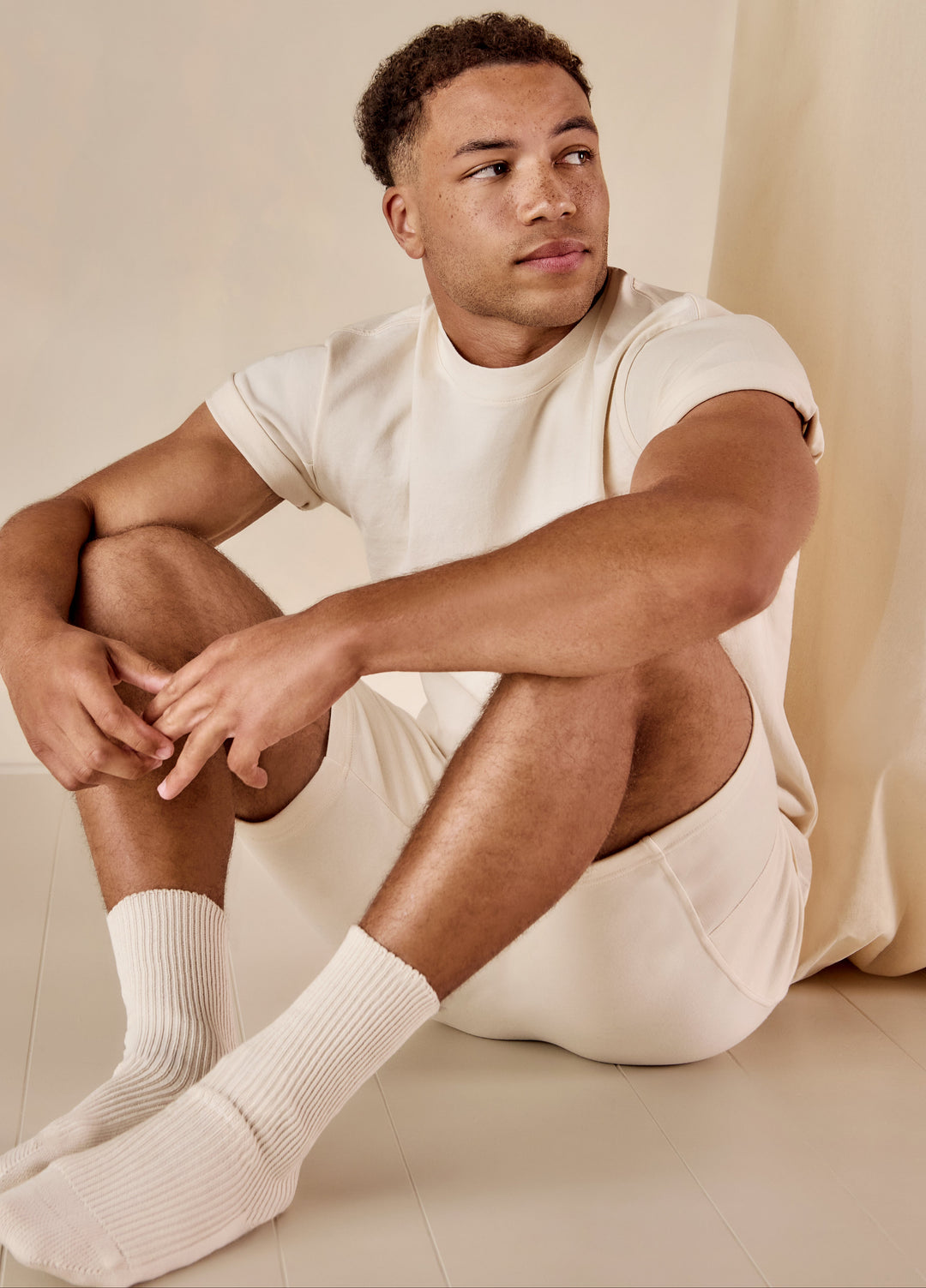How Do I Know if I Have Eczema, and Not Something Else?
The truth of the matter is, eczema has a lot of overlapping symptoms with other skin problems. The most common signs - dry, itchy skin; swollen reddish patches; and rashes - are the same with other conditions, like seborrhoeic dermatitis or psoriasis. Other times, it could just be an allergic reaction to something in your environment, and therefore remain relatively harmless. While you'll only know for sure whether or not you have eczema after a visit to the dermatologist, here are a few ways to make sure that a trip to the doctor is even necessary at all:

Check the risk factors
Like all conditions, there are certain risk factors that increase the likelihood of symptoms being connected to eczema. The more the following factors apply to you, the greater the chance is that you have eczema:
1. Your parents have it
Eczema factors into our genetics, and if one or both of your parents have it, there's a chance that you've "inherited" the condition from them. Even if your parents don't have it, there's still a small chance that you're predisposed towards eczema if other relatives have the disorder.
2. You're female
According to this 2009 study about eczema prevalence in children, the condition was more common in girls than in boys. Although further research is required to explain why this seems to be the case, the trend is supported by other studies.
3. Asthma and hay fever run in the family
There's also a higher prevalence of eczema in families with members suffering from asthma or seasonal allergies. It doesn't necessarily have to be a parent with the condition; brothers, sisters, and even cousins with asthma may mean a larger chance of you having eczema.
4. Latex allergies
Although the symptoms you experience may be an allergic reaction to the proteins of latex, it appears that eczema is more common among individuals with this sensitivity. If you experience any adverse reactions to latex, get yourself tested for eczema as well as the allergy itself.
It acts up in the more common spots
The symptoms of eczema occur most often in specific spots; the back of the knee and the outward-facing side of your elbow. This is one of the ways the condition is most easily differentiated from psoriasis, and should be a tell-tale sign that you have eczema.
Your environment brings out the symptoms
Your surroundings might be telling you more than you think. Eczema is more common in urban areas with lower humidity levels, so try to see if leaving these places helps in dealing with the symptoms. Eczema symptoms also tend to flare up during the winter. Significant temperature changes - such as moving into a very cold room after spending an afternoon in the summer heat - might also exacerbate the effects.
If any of the above apply to you, there's a chance that the itching and rashes you experience are symptoms of eczema. Head on to your dermatologist to get yourself checked, and try adjusting your lifestyle accordingly. Wearing chemical-free, 100% organic cotton clothing is always a good start.
Image from http://commons.wikimedia.org/wiki/File:Physical_Exam_-_Stethoscope.jpg








1 comment
Some what helped me understand what eczema is.! Not really tho. I guess I need to see more pictures to help me better understand what I’m inquiring about.